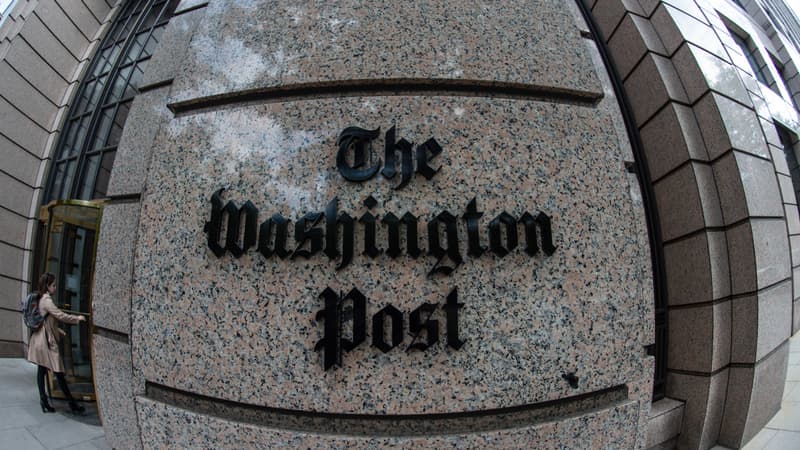The Washington Post, famous for revealing the Watergate scandal, will not support any candidate in the US presidential elections on November 5 and will also abstain from doing so in future elections, its general director William Lewis announced on Friday, October 25.
“We are aware that this decision will give rise to many interpretations, that it will be seen as implicit support for one of the candidates, or as a rejection of another, or as an evasion of our responsibilities. This is not inevitable. our opinion,” he wrote on the media’s website.
Very close, the polls have so far failed to decide between Democratic Vice President Kamala Harris and former Republican President Donald Trump.
The leading American newspaper, owned by Amazon founder Jeff Bezos, supported Democratic presidential candidates in 2008, 2012, 2016 and 2020.
“Back to basics”
William Lewis, however, described Friday’s decision as a “back to basics,” arguing that the Washington Post, for example, had refrained from calling votes for either candidate in 1960, before the election won by John F.Kennedy.
He defends the decision not to take sides as “in accordance with the values” of the newspaper, whose famous motto is “Democracy dies in darkness.”
“Our job, as a newspaper in the capital of the most important country in the world, is to be independent. This is what we are and what we will always be,” concludes the general director.
This decision comes after the owner of another major American newspaper, the Los Angeles Times, blocked the decision of the newspaper’s editorial board, which wanted to support Kamala Harris.
On Friday, the New York Post, an ultra-conservative tabloid owned by tycoon Rupert Murdoch, called on people to vote for Donald Trump. While on September 30, the editorial board of the prestigious New York Times gave its support to the Democratic candidate.
These successive announcements occur in a campaign in which the big names of the American press have lost influence, among voters and among the candidates themselves, whose attention is increasingly focused on other media such as podcasts or TikTok.
Source: BFM TV


